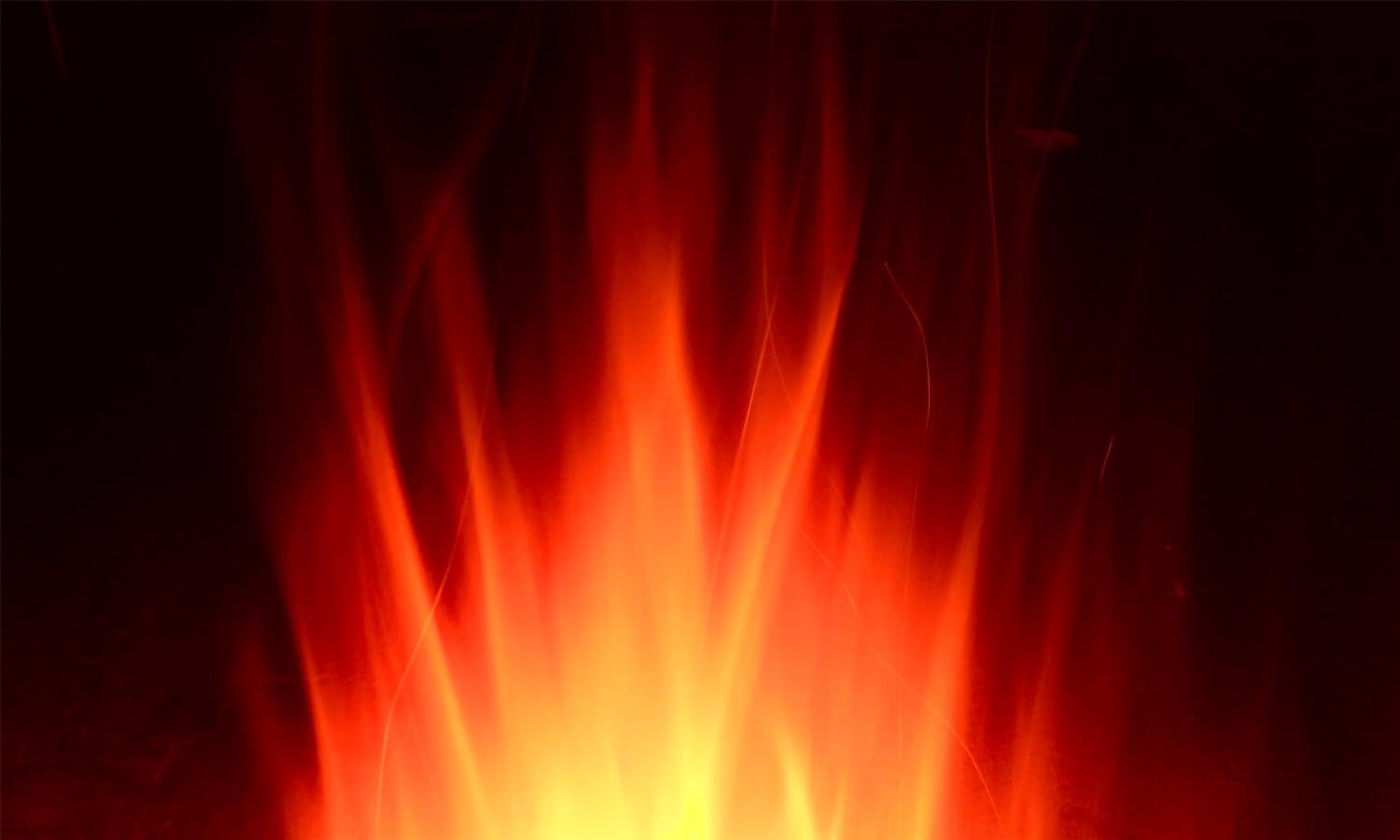
Hell exists. The Son of God, Jesus, descended from heaven to instruct us on how to get there. According to his promises, everyone who trusts in him will receive eternal life and be raised from the dead (John 6:34–40). However, no one in the Bible issues as many dire warnings about hell as Jesus does.
Unbelievers go to Hades
Jesus taught in the story about the rich man and Lazarus that immediately after death unbelievers go to Hades. There they are “in torment“, and the rich man complains that he is “in anguish in this flame” (Luke 16:23-24). Of the believing Lazarus Jesus says that he is “at Abraham’s side” (Luke 16:22). Later Paul writes that after death believers are “with Christ” (Philippians 1:23). These are the states that we often think of as hell and heaven, and that we go there immediately after death. That is not totally wrong, but we should realize that these are temporary states, waiting for the judgment of the last day, when Jesus will return. Only then the full glory of heaven and the full terror of hell will be revealed.
The judgment on unbelievers
The Bible gives several different accounts of the judgment on unbelievers on the last day.
- “And many of those who sleep in the dust of the earth will awaken, some to life everlasting and others to shame and contempt forever.” – Daniel 12:2
- Jesus will clear his threshing floor and collect his wheat into the barn, but the chaff he will burn with unquenchable fire, according to John the Baptist (Matthew 3:12).
- “Then he will say to those on his left, ‘Depart from me, you cursed, into the eternal fire prepared for the devil and his angels,'” says Jesus in reference to judgment on the final day. – Matthew 25:41
- “…when our Lord Jesus, accompanied by his powerful angels in flaming fire, descends from heaven to exact vengeance on those who reject the message of our Lord Jesus and do not know God.” They shall be punished by eternal destruction and be kept out of the Lord’s presence and his mighty glory, according to 2 Thessalonians 1:7-9.
- Revelation 20:15 states, “And if anyone’s name was not found written in the book of life, he was thrown into the lake of fire.”
It is evident from all these texts that the punishment [meted out to the unbelieving] consists of two parts. As may be observed from the terms “everlasting,” “unquenchable,” and “eternal,” it is an eternal punishment. It is also a harsh penalty, frequently likened to “fire.” The terms “destruction,” “shame and contempt,” and “outer darkness” are also used, thus this does not necessarily refer to a literal fire (Matthew 25:30). When combined, these words allude to a horrifying truth.
God’s judgment is always righteous
However, not everyone will experience the same hellish sufferings. It is very evident throughout the Bible that certain people will receive harsher punishments than others. The sentences that follow make this evident:
- Matthew 11:24 states, “But I tell you that it will be more tolerable for the land of Sodom on the day of judgment than for you.”
- “And a hard beating awaits the servant who understood his master’s wishes but disregarded them by not preparing or acting in accordance with them. However, the person who was ignorant and took action that called for punishment will be given a minor beating. Everyone who has received a lot will need a lot from him, and those who have trusted him with a lot will demand even more. – Luke 12:47–48.
Therefore, the degree of the everlasting penalty will be determined by the actions of the unbelievers as well as by the chance they had to hear and accept the gospel. God never renders unfair judgments.
The ones believing in Jesus
However, one should not be afraid of hell for they believe in Jesus. In the Lord’s presence on the new earth, he will always be content. Let the existence of hell serve as a motivator for us to detest sin, place our faith in Jesus, and avoid both God’s wrath and the flames of hell.





